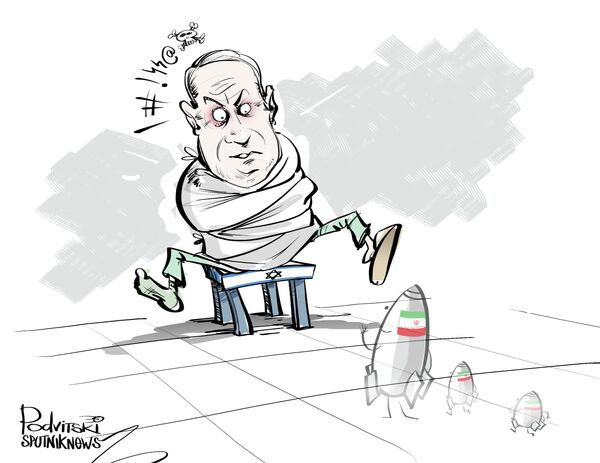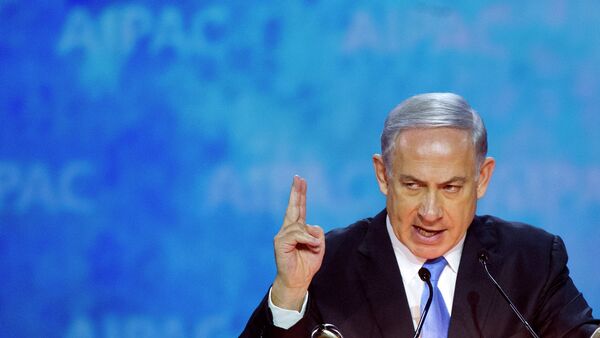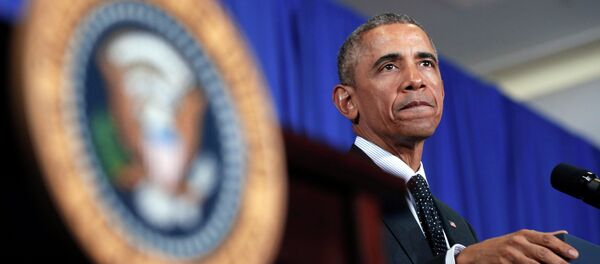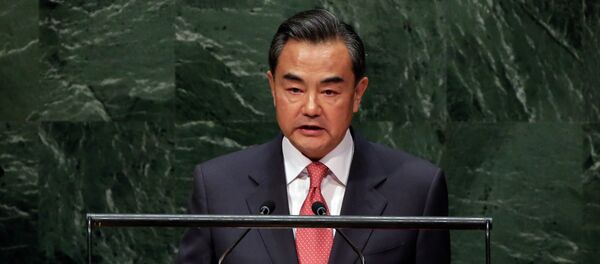Commenting on reports that the United States plans to offer some Arab states a "nuclear umbrella" to protect them from Iran in return for assurance they would not look for the same technology themselves, Netanyahu said "it signals a shift of US policy from preventing a nuclear Iran to containing one, and that's not good."
He added that if the information was true, it meant that Iran had nuclear weapons, otherwise "why offer Gulf states protection."
The P5+1 international mediators, comprising Russia, the United States, the United Kingdom, China, France and Germany have been negotiating a comprehensive nuclear deal with Iran, that would ensure the peaceful nature of the country's nuclear program in exchange for lifting sanctions imposed on Tehran since November, 2013.
Regarding his controversial speech before the US Congress on March 3, Netanyahu said he meant no disrespect for US President Barack Obama or anyone else, however, felt the obligation as the prime minister of Israel to speak before the nuclear deal with Iran was signed.
On Tuesday, Israeli Prime Minister said in his address to the Congress that international deal with Iran would not prevent the country from developing nuclear weapons.
"This is a very bad deal, we are better off without it," he said, adding that sanctions against Iran should not be lifted.
Obama said following Netanyahu's speech that it contained nothing new, but agreed, however, with the Israeli prime minister's statement that the bond between Washington and Tel Aviv was "unbreakable," and affirmed that preventing Iran from getting a nuclear weapon was one of US primary foreign policy goals.
Currently, the P5+1 group is in intense diplomatic negotiations with Iran to reach a preliminary deal over the country's nuclear program by the end of March.




